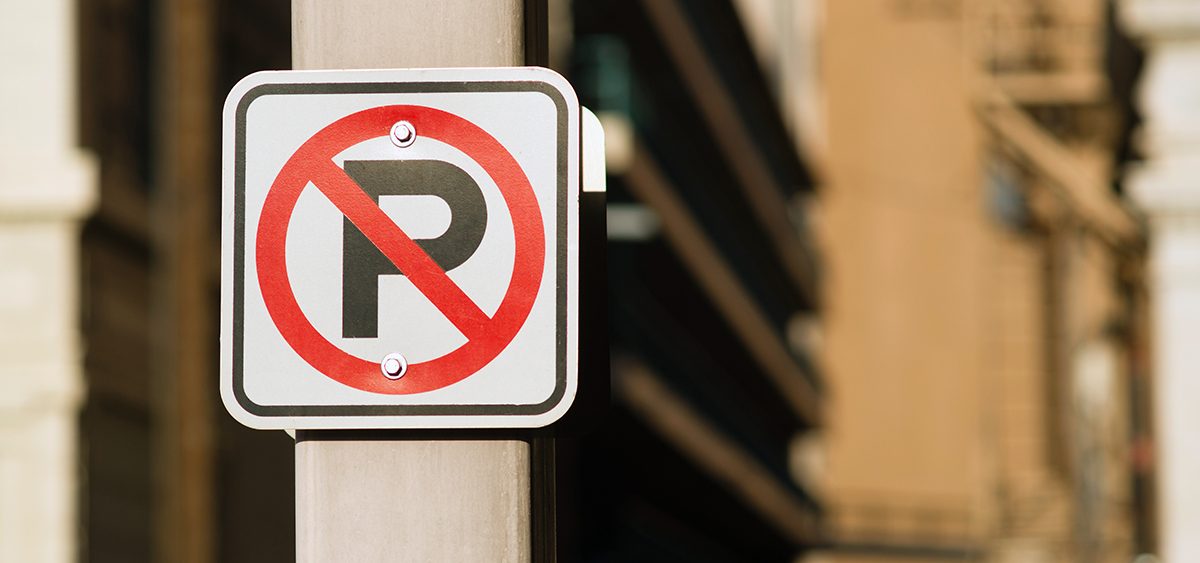Last week, an Ontario judge issued an injunction covering downtown Ottawa that forbids truckers to honk for 10 days. Another judge also issued an injunction that ordered protesters to leave the Ambassador Bridge. However, you might be asking: “what’s an injunction”?


Forced to do or not do something
An injunction is an obligation imposed by the court on a person, company, or other group of people to:
- do something
- not do something, or
- stop doing something
For example, you can ask for an injunction to stop someone from publishing an article because you think it damages your reputation. You can also seek an injunction to prevent a former employee from poaching your customers.
Permanent or temporary
An injunction can be permanent. The order to do or not do something must be realistic and possible.
An injunction can also be temporary. This is called an “interlocutory injunction“. It is usually given during a court case, pending the judge’s final decision. The person asking for the injunction must prove that:
- they could win a permanent injunction, or that their request is serious
- the injunction is necessary to prevent serious or irreparable harm, and
- the benefits of granting the injunction outweigh the costs.
Getting an interlocutory injunction may take some time. That’s why you can ask for an “interiminjunction” if the situation is urgent, i.e., it simply cannot wait. For example, an interim injunction can be used to prevent your neighbor from uprooting a tree or demolishing a building on your land before a judge can hear your case. Normally, this type of injunction expires after 10 days.







